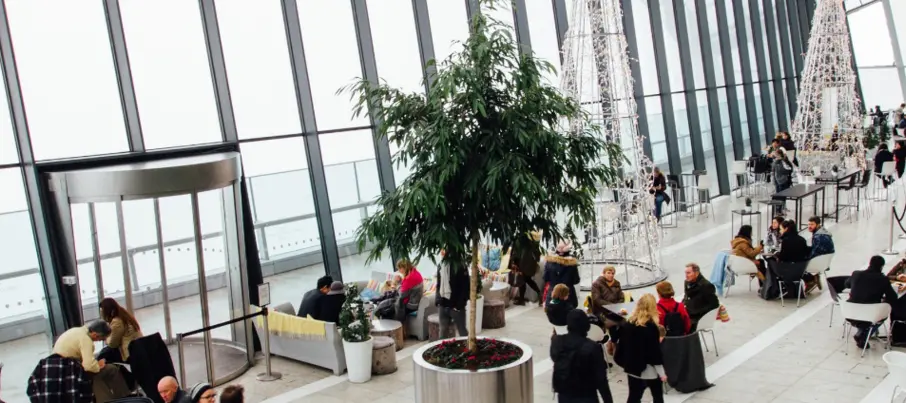Blogs Navigation
Sustainable BusinessRecent posts

Financial Health: Driving Growth in Latin America and the Caribbean
According to the latest Global Findex database, the proportion of adults in Latin America and the Caribbean (LAC) with account ownership rose from 39% in 2011 to over 75% in 2025. This increase was driven by the rise of digital-first financial service providers, expanded government transfers, and innovations that enhance the value proposition, such as the growth of e-commerce and instant payment systems in countries like Brazil, Peru, and Costa Rica.

IDB Invest and the New Push for the Private Sector in Paraguay
Imagine investing in a portfolio of projects in a country with sustained economic growth, low inflation, abundant clean energy, and preferential access to a regional market of 270 million consumers. That country is Paraguay, where IDB Invest has committed to mobilizing up to $1 billion to support strategic private-sector projects that drive sustainable development.
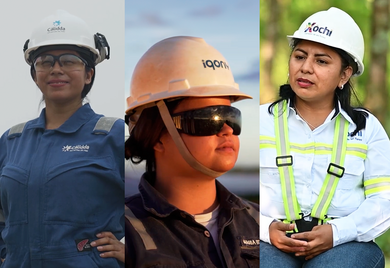
Energy and Transport Infrastructure: Projects Driving Jobs and Transforming Communities
IDB Invest works to boost job creation through the private sector and ensure these opportunities reach areas with the potential to develop new productive sectors and generate formal employment. Financing energy and transport infrastructure projects in Latin America and the Caribbean has been crucial for creating quality jobs and increasing women's workforce participation.

How new technology can make business sustainable
Did you know that when Alexander Graham Bell invented the telephone, his initial idea was to develop a device for people to hear live orchestra? The world undoubtedly changed when it was introduced. But it was actually the consumers who turned it into a different innovation, preferring to call friends and family than listen to music. This is just one example how innovation and science are transforming society.
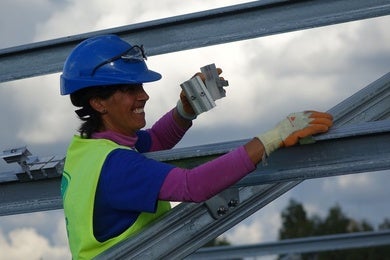
No Women in Renewable Energy? Look Again.
Three years ago when the Canadian Climate Fund (C2F) first launched, private sector clients would balk when we asked them about the gender impact of their proposed renewable energy projects. The renewable energy sector is growing in the region, bringing with it new job opportunities, skills requirements and local business development. In this part of the climate change conversation, women in renewable energy are often invisible. This was, after all, a man’s world – renewable energy projects are primarily construction and engineering. We know the numbers – women earn only 11 percent of Sciences, Technology, Engineering and Mathematics (STEM) degrees in the region.
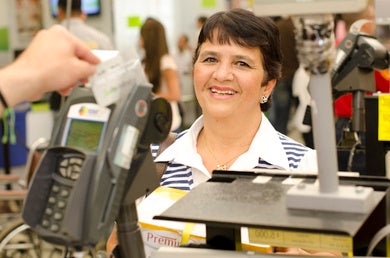
Overcoming stereotypes could save your business
By Susan Olsen, Lead Specialist, Opportunities for the Majority, IDB Difficulty accessing financing, poor infrastructure and incapacity to scale are cited as reasons why businesses that target the (BOP) fail. Yet, an unwillingness to overcome base of the pyramid stereotypes could easily be the most important explanation as to why some BoP-focused companies aren’t successful. Shattering stereotypes before starting an inclusive business model was the basis for a provocative panel that took place during the Inter-American Development Bank’s BASE III Forum in Mexico City.
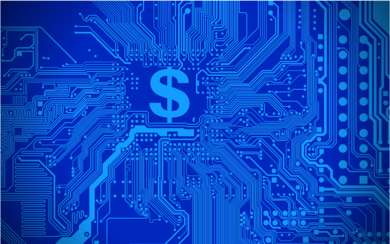
Five reasons FinTech companies are an opportunity for financial institutions and SMEs
By Greg Da Re Access to financing has been and continues to be the main obstacle facing small and medium-sized enterprises (SMEs). According to a recent survey, 90% of all banks surveyed in Latin America and the Caribbean consider SMEs strategically important for their business, yet 44% acknowledge that their portfolio lacks suitable financial products for such enterprises.

Don’t let base of the pyramid millennials catch your company off guard
Hardly a day passes without a new article on how businesses are analyzing the needs, wants and spending trends of millennials. In the US alone, millennials (or Generation Y), those born between 1980 and 2000, represent 30 percent of the population. By 2025 they will be 75 percent of the workforce of this country. The impact that millennials are starting to have on the global economy, the environment, and politics is enormous. But “millennial mania” is dominated by studies, research and marketing efforts that focus on affluent individuals. Meanwhile, in Latin America and the Caribbean a market of 77 million low-income or base of the pyramid millennials goes almost unnoticed.
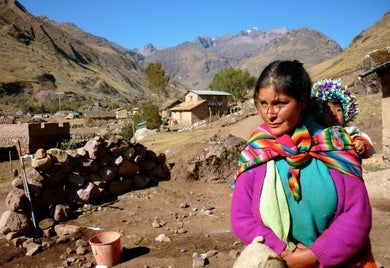
How to make cultural tourism inclusive and sustainable
If you want to start a hotel, the normal thing to do is buy some land, build the hotel, hire a few locals for cooking, cleaning and maintenance and open for business.


